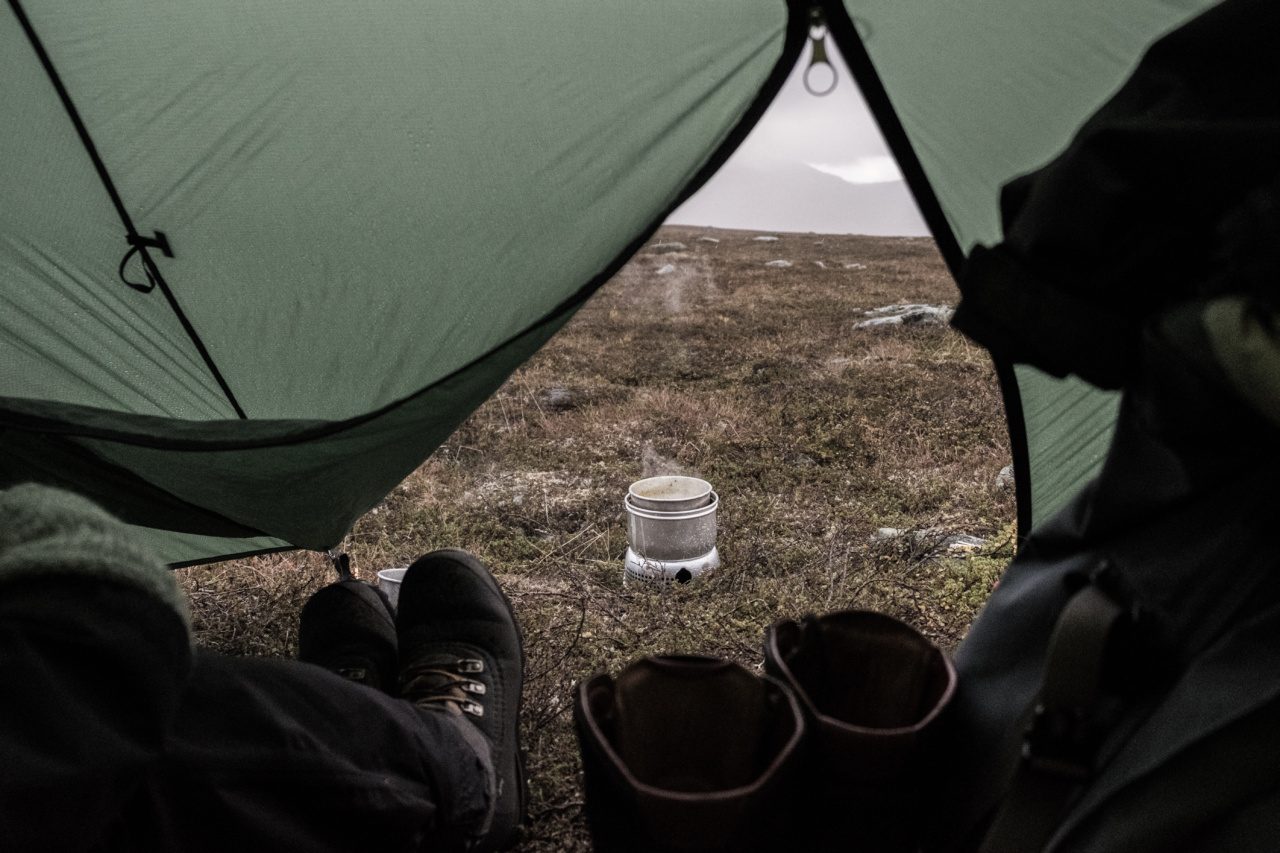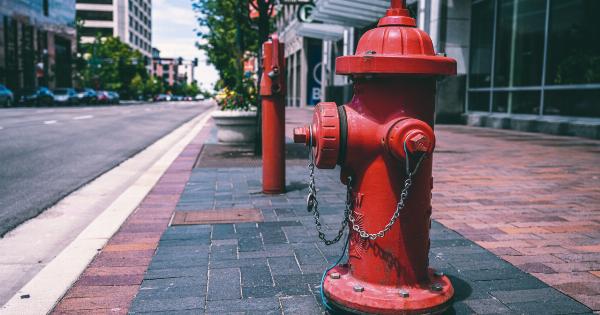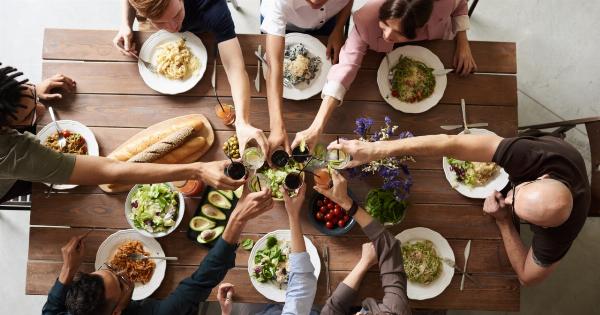Cooking is a wonderful activity that allows us to explore our creativity, experiment with flavors, and create delicious meals.
However, it is important to prioritize safety in the kitchen to avoid accidents and prevent cooking mistakes that could ruin a dish or cause harm. In this guide, we will discuss some essential tips and precautions to keep in mind while cooking, ensuring a safe and enjoyable culinary experience.
1. Organize Your Workstation
Before you start cooking, make sure your workstation is clean, organized, and free from any potential hazards. Keep your cutting boards, knives, and other utensils within reach, declutter countertops, and have a fire extinguisher nearby, just in case.
By maintaining an organized workspace, you can minimize the risk of accidents and improve your overall efficiency in the kitchen.
2. Read Recipes Thoroughly
Many cooking mistakes stem from not fully understanding a recipe. Before you begin cooking, take the time to read the recipe thoroughly.
Understand each step, measure ingredients accurately, and familiarize yourself with any unfamiliar techniques or terms. By doing so, you can avoid making errors that may impact the taste or texture of your dish.
3. Use Proper Cooking Techniques
Mastering proper cooking techniques is essential for preventing accidents and ensuring your food is cooked to perfection.
Whether it’s using the correct knife skills, properly handling hot pans, or understanding the appropriate cooking temperatures for different foods, honing your techniques will not only enhance your safety but also elevate your culinary skills.
4. Keep Flammable Objects Away
In the midst of cooking, it’s easy to get caught up in the moment and overlook potential fire hazards.
To avoid accidents, such as kitchen fires, ensure that flammable objects, such as dish towels, paper towels, and oven mitts, are kept at a safe distance from open flames, hot surfaces, and electrical appliances. Additionally, never leave the kitchen unattended when cooking on the stove.
5. Prevent Cross-Contamination
Cross-contamination is a significant health concern while cooking. Always remember to wash your hands before and after handling raw meat, poultry, or seafood.
Use separate cutting boards and utensils for different types of food to avoid transferring harmful bacteria. By practicing proper food handling and hygiene, you can keep yourself and your loved ones safe from foodborne illnesses.
6. Don’t Overcrowd the Pan
When sautéing or frying, it’s crucial not to overcrowd the pan with too many ingredients. Overcrowding can lower the temperature of the pan, resulting in uneven cooking and potentially causing food to become soggy instead of crispy.
Cook in batches if necessary, giving each ingredient enough space to cook properly.
7. Use Caution with Hot Liquids
Hot liquids can be extremely dangerous if mishandled. When working with boiling water, broths, or other hot liquids, make sure to use oven mitts or long-handled utensils to avoid accidents.
Be cautious when blending hot liquids and ensure the lid is secured tightly to prevent any spills or splatters that could lead to burns.
8. Be Mindful of Sharp Objects
Knives are essential tools in the kitchen, but they can also be hazardous if not used properly. Always handle knives with care, keeping your fingers away from the blade, and use cutting boards to avoid injury or damage to countertops.
Keep your knives sharpened, as dull ones require more force and are more likely to slip, causing accidents.
9. Test Your Smoke Alarms
Having functioning smoke alarms in the kitchen is crucial for alerting you to potential fire hazards. Regularly test your smoke alarms to ensure they are in working order and replace batteries as needed.
Additionally, consider installing a fire extinguisher in your kitchen and familiarize yourself with how to use it correctly.
10. Learn From Mistakes
Even with precautions, mistakes can happen. If you do make a cooking mistake, don’t be too hard on yourself. Instead, take it as a learning experience. Reflect on what went wrong and how you can prevent the same mistake in the future.
Learning from your cooking mistakes will help you grow as a chef and improve your overall kitchen safety.
Conclusion
By following these essential tips and precautions, you can significantly reduce the risk of cooking mistakes and accidents in the kitchen.
Remember to organize your workstation, thoroughly read recipes, use proper cooking techniques, and keep flammable objects away from open flames. Additionally, practice good food handling practices, avoid overcrowding pans, use caution with hot liquids, be mindful of sharp objects, and ensure your smoke alarms are in working order.
Finally, embrace your mistakes as learning opportunities and continuously strive to improve your cooking skills and safety in the kitchen. Happy and safe cooking!.






























